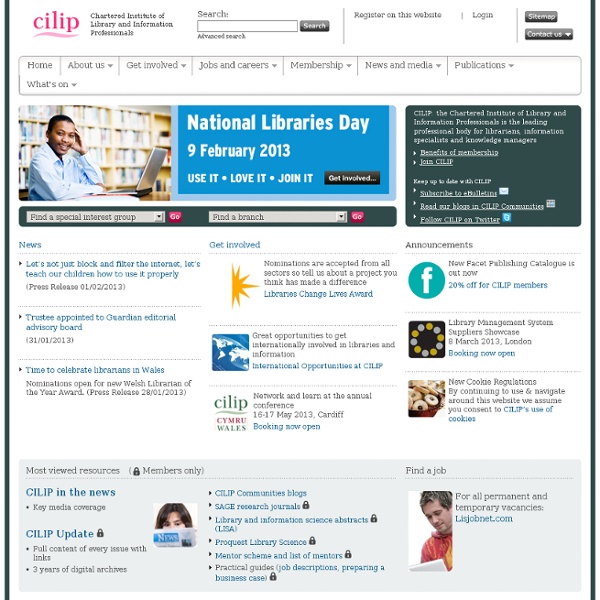



Ethics and Information Technology Copyright Information For Authors Submission of a manuscript implies: that the work described has not been published before (except in form of an abstract or as part of a published lecture, review or thesis); that it is not under consideration for publication elsewhere; that its publication has been approved by all co-authors, if any, as well as – tacitly or explicitly – by the responsible authorities at the institution where the work was carried out. Author warrants (i) that he/she is the sole owner or has been authorized by any additional copyright owner to assign the right, (ii) that the article does not infringe any third party rights and no license from or payments to a third party is required to publish the article and (iii) that the article has not been previously published or licensed. Authors may self-archive the Author's accepted manuscript of their articles on their own websites. Author is requested to use the appropriate DOI for the article. For Readers
The Museums, Libraries & Archives Council Welcome to the SLA Website The Code4Lib Journal asking for it A report published this week by OCLC Research asks the burning question of no one, no where: “Does every research library need a digital humanities center?” The answer, of course, is of course not. Of course, I’m being rude. The click-bait question, as posed, had a foregone conclusion — but there’s much to recommend in the report, even if it fails to define a “DH center” in any clear way, makes an unwarranted assumption that “DH academics” and librarians exist in mutually-exclusive categories, and bases too much of its understanding of faculty and researcher perceptions on the inadequate sample of some conference-going and a couple of focus groups (however carefully convened and accurately reported). every center must evolve — evolve, or die. Okay, the chief value of the report is in its clear reinforcement of the notion that a one-size-fits-all approach to digital scholarship support never fits all. How is that good for the humanities, digital or otherwise? no good deed goes un-punished.
Ascel Information Technology and Libraries Information Technology and Libraries publishes material related to all aspects of information technology in all types of libraries. Topic areas include, but are not limited to, library automation, digital libraries, metadata, identity management, distributed systems and networks, computer security, intellectual property rights, technical standards, geographic information systems, desktop applications, information discovery tools, web-scale library services, cloud computing, digital preservation, data curation, virtualization, search-engine optimization, emerging technologies, social networking, open data, the semantic web, mobile services and applications, usability, universal access to technology, library consortia, vendor relations, and digital humanities. Vol 34, No 4 (2015) Table of Contents Articles
Subject Guides Subject guides are lists of resources created by librarians to assist students with their research needs. These list of resources may include topics including but not limited to books, journals, databases, websites, as well as any other topics the librarian feels would assist students with their research. LibGuidesare a type of subject guide used by libraries across the world. A LibGuide is a content management and publishing system created by SpringShare. An important aspect of LibGuides that may interest librarians is the statistical features of LibGuides. El Dorado Center Library's Internet Subject Directories, The EDC Librarian's Guide developed by Librarian, Regina Jimenez, provides a more manageable search tool that points students and faculty to a number of extensive subject directories and featured sites organized and selected by librarians and other competent information professionals throughout the world. Canadian Studies Research Guide. 1.
International Association of School Librarianship - IASL